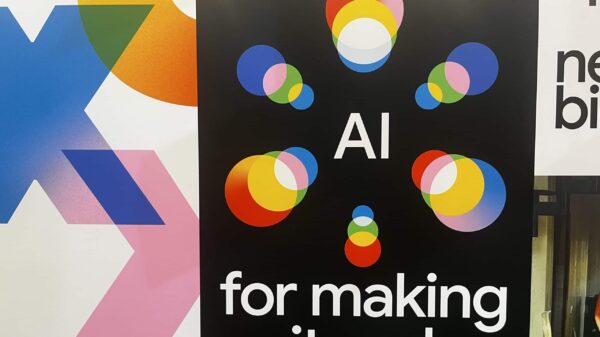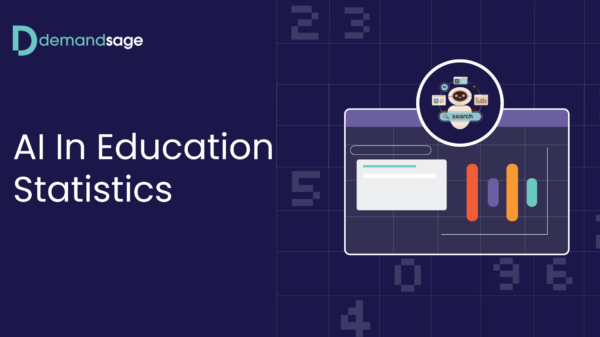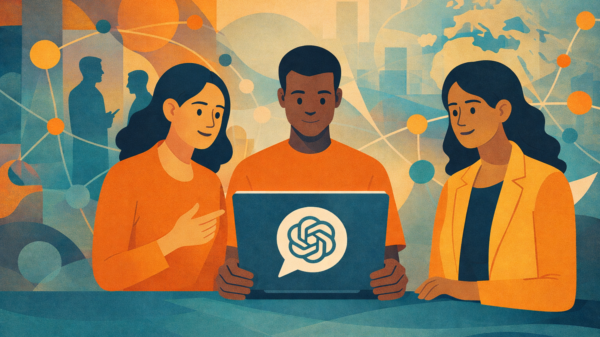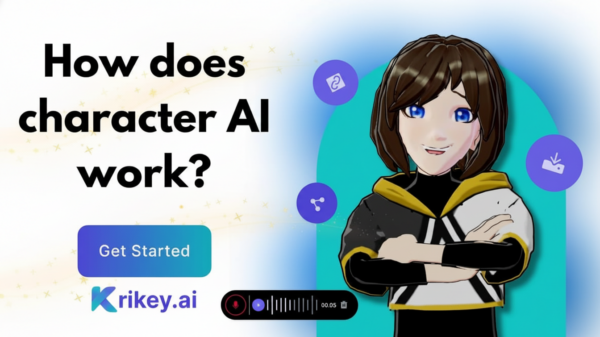Apple has recently updated its iOS App Store guidelines, introducing a crucial change that impacts how developers handle personal data in relation to third-party AI services. This update mandates that app developers clearly disclose when personal data will be shared with third parties, including AI systems. Additionally, developers must obtain explicit permission from users before sharing their data. This move highlights Apple’s commitment to user privacy and addresses growing concerns around data usage in AI training.
Key Features
The updated App Review Guidelines provide the first formal guidance from Apple regarding the use of third-party AI in apps. Notably, it establishes two key requirements for developers:
- Developers must clearly disclose the sharing of personal data with third parties, including AI systems.
- Explicit permission must be obtained from users before any such data sharing occurs.
Apple’s directive encourages a more transparent relationship between developers and users, aiming to protect personal information in an era where data privacy is paramount.
How the Tool Works
While specifics on how developers implement these changes were not detailed, the guidelines emphasize the importance of transparency and user consent. Developers are expected to integrate these stipulations into their apps to ensure compliance. Failure to adhere to these updated guidelines may result in app rejection by Apple, underscoring the mandatory nature of this update.
The introduction of this guidance reflects Apple’s cautious stance toward AI, especially under the leadership of CEO Tim Cook, who has historically preferred the term “machine learning” to “AI.” This approach indicates a balanced recognition of the potential of AI technologies while maintaining a vigilant stance on user privacy.
Use Cases and Who It’s For
This update is particularly relevant for app developers who utilize third-party AI services within their applications. By requiring clear disclosures and user consent, Apple aims to protect consumers and foster trust. This is essential as the legal landscape surrounding AI and data usage continues to evolve. For developers, this is an opportunity to align their practices with user expectations for privacy, ensuring that they are not only compliant with Apple’s guidelines but also sensitive to the concerns of their users.
The update is also significant for consumers who are increasingly worried about how their personal data is used, especially in the context of AI. By ensuring that users are informed about data sharing practices, Apple is taking a step toward enhancing user autonomy and control over personal information.
Limitations or Risks
While the update is a positive step for user privacy, it also places additional responsibilities on developers. They must ensure compliance with the new guidelines, which may involve modifying existing apps to meet these requirements. This could be particularly challenging for developers who use multiple third-party services that rely on user data.
Moreover, the vague phrasing of what constitutes crossing the line in the guidelines adds an element of uncertainty. Apple states that apps will be rejected for “any content or behavior that we believe is over the line,” which introduces a subjective assessment that developers will need to navigate carefully.
Industry Context
The update reflects a broader trend in the tech industry where data privacy has become a central concern amid rising scrutiny of how personal information is utilized, especially in training AI models. Recent lawsuits against several tech companies, including Apple, regarding the use of copyrighted material for AI training, highlight the contentious nature of data sourcing in this field.
As AI technologies advance, the legal implications surrounding data usage are becoming more pronounced. Apple’s proactive approach aims to position itself as a leader in privacy practices while potentially mitigating risks associated with future legal challenges related to data-sharing and AI.
In summary, Apple’s revised guidelines for the iOS App Store not only set a standard for third-party AI usage but also demonstrate a commitment to user privacy in a rapidly evolving technological landscape.
 Roper Technologies Appoints Shane Luke as AI SVP to Boost Long-Term Growth Strategy
Roper Technologies Appoints Shane Luke as AI SVP to Boost Long-Term Growth Strategy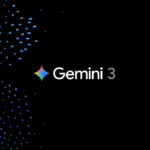 OpenAI Launches Gemini 3 with Generative Interfaces and Enhanced Shopping Features
OpenAI Launches Gemini 3 with Generative Interfaces and Enhanced Shopping Features Google Launches Gemini 3 and Notebook LM to Revolutionize Marketing Strategies
Google Launches Gemini 3 and Notebook LM to Revolutionize Marketing Strategies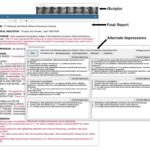 Scriptor Software Upgrades rScriptor, Boosts Radiology AI Impressions with User Control
Scriptor Software Upgrades rScriptor, Boosts Radiology AI Impressions with User Control Cornell’s Merlin App Uses AI to Identify Bird Calls in Real-Time, Free for Users
Cornell’s Merlin App Uses AI to Identify Bird Calls in Real-Time, Free for Users








